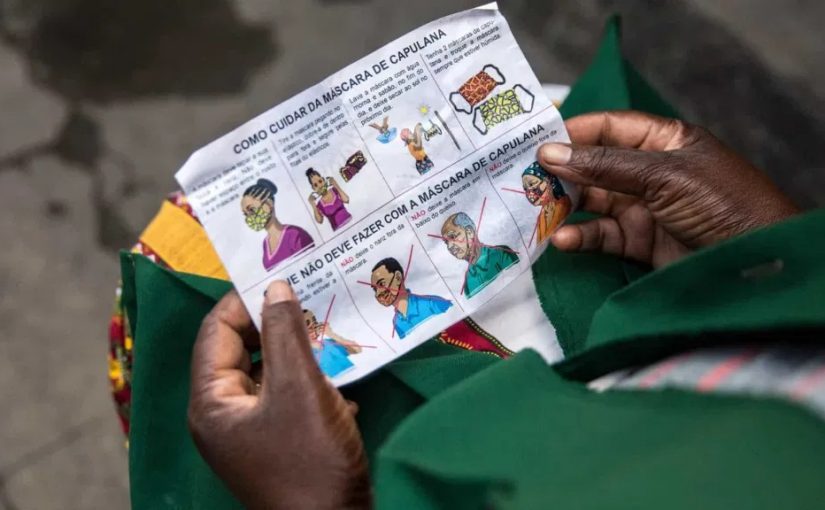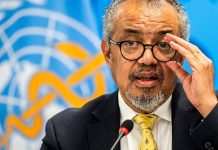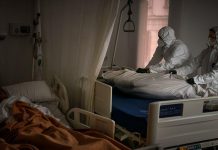AfricaPress-mozambique: The Mozambican health authorities are worried that failure to observe preventive measures against the Covid-19 respiratory disease is leading to an acceleration of the pandemic in the western province of Tete.
On Saturday the Health Ministry reported 244 new infections, of which 116 (47.5 per cent) were in Tete.
“What’s at stake here is relaxation”, the deputy director of the National Health Institute (INS), Eduardo Samo Gudo, told AIM in a phone contact. “That’s why the speed of transmission of the disease is higher than it was in January (during the second wave of infection). The pace has speeded up greatly, and that worries us”.
On Sunday, 140 new cases were reported, 21 of them (15 per cent) from Tete. On both days the positivity rate (the percentage of those tested found to be infected) was extremely high in Tete – 37.2 per cent on Saturday, and 27.3 per cent on Sunday. This compares with a national positivity rate of 17.9 per cent on Saturday and 11.3 per cent on Sunday.
Samo Gudo warned that the impact of Tete citizens disregarding preventive measures will be felt much more strongly in two or three weeks time, given the incubation period of the disease.
The only way to block the advance of the pandemic, he stressed, was strict observance of preventive measures. But the use of face masks in Tete was “very low. You can see some people with masks in the street, but only a few, since most people are not wearing masks.
Samo Gudo deplored the fact that sizeable crowds have gathered at social events in Tete, even those these are banned by the government’s decrees which, for example, restrict the number of people who can attend a wedding to 20.
Other festivities, such as birthday parties, are completely banned “but here in Tete, there is a general lack of compliance, and so this situation (of an increase in Covid-19 cases) was predictable”.
Samo Gudo noted that, despite the health authorities urging people to stay at home as much as possible, there is “a high degree of mobility in Tete. People have returned to a normal life, as if nothing is happening. There’s been false optimism since, after the second wave of the disease was over, people thought the pandemic was finished”.
Samo Gudo said the INS will undertake more wide-ranging testing in Tete, using rapid tests. These are blood tests, which reveal whether people have been in contact with the virus.
Samo Gudo hoped this would put the brakes on the chain of transmission. “We shall also strengthen the preventive measures, but that’s not enough”, he added. “We have to identify the positive cases and their contacts, and isolate them. We can’t have people who test positive for the coronavirus, or their contacts, wandering through the streets, because they are amplifying the transmission”.
A report from the independent television station, STV, from Tete city, supported Samo Gudo’s warnings. Everywhere the STV crew went – in the markets, on the buses, in the streets – only a handful of people were wearing masks, and there was no sign of social distancing.
When STV asked citizens on the street why they were not wearing mask, some hurriedly pulled masks out of their pockets, while others just turned their faces away from the camera.






